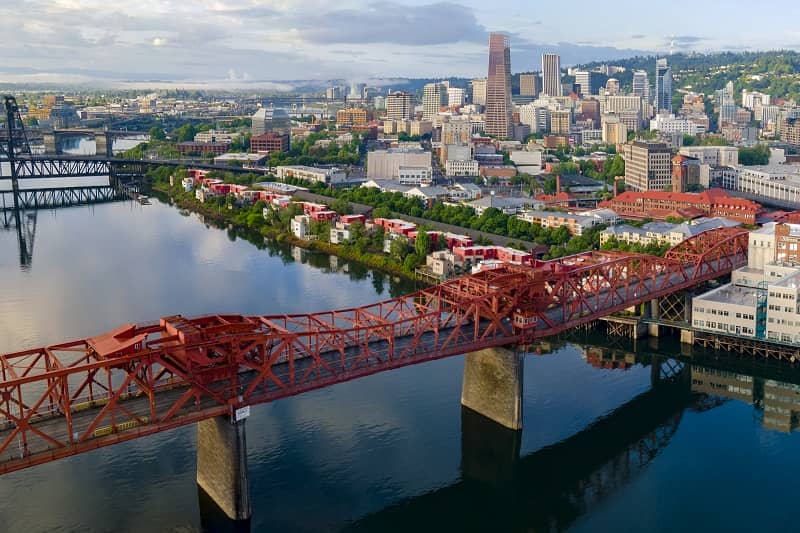 |
 Why Must Schools Fail Before Parents Can Choose Charters? by Olivia Wolcott and Becca Steele |
 |
On August 2, 2010, 77 public schools in Oregon were sanctioned for missing federal performance targets two years in a row—more schools than ever before. These schools now must offer students free tutoring or priority rights to transfer to another school. Education, sadly, has become such a highly politicized issue that only when schools fail are students free to pursue other educational options, most notably public charter schools. Students in non-failing schools, however, do not have this same freedom. The politicization of public charter schools by elected and appointed officials, politicians and the state teachers’ unions has effectively stifled educational choice and the growth of charter schools.
Charter schools are public schools run by private organizations. These schools, which enjoy bipartisan support in many other states, have been viewed with suspicion and contempt in Oregon. They were originally described in ORS 338.015 as “a legitimate avenue for parents, educators and community members to take responsible risks to create new, innovative and more flexible ways of educating children within the public school system,” and as a point of access to better education for children not reaching their full potential in the traditional public school environment. But burdened with stringent regulation, charter schools are rarely treated as the opportunities envisioned when the Oregon legislature first created the statutes that provided for public charter schools. Instead, they are seen as financial drains on traditional public education, even though they run on a fraction of the budget of traditional schools.
Oregon parents, regardless of their political affiliation, are eager for educational options that suit their children’s unique needs. Many parents choose a charter school because of its educational style or method, such as the Montessori technique (which focuses on learning through children’s natural curiosity and desire to explore). Before Oregon’s charter schools existed, only those parents who could afford private education could have enrolled their children in more diverse or innovative schools.
Virtual charter schools (charter schools that operate through an online platform) are another valuable alternative to traditional public schools, especially for students living in rural areas. Often, because the student population is not large enough to support a brick-and-mortar charter school, children in these areas are forced to attend the local public school. Virtual charter schools are essential to providing these students with the same educational options that a child living in a larger city would have. Virtual schools are also a vital option for students with medical problems or learning disabilities that prevent them from performing at their best in the traditional classroom environment. Online learning allows them to work at their own pace and to have a highly individualized education.
Providing our children with diverse and innovative educational options should not be a political issue. While the Oregon Education Association may resent the charter school system because its teachers are not required to join the teachers’ union and pay dues, and though some politicians have unfairly characterized the charters as a blow against free state-provided education, the parents who want the best for their children do not see it as a political issue. They see charter schools as a better chance for their children to get an education specifically tailored to their needs and learning styles, which they could not have afforded otherwise. It’s time to leave the politics behind and realize that educational choice and excellence is an issue we can all support.
Rebecca Steele and Olivia Wolcott are research associates at Cascade Policy Institute, Oregon’s free market public policy research organization.











